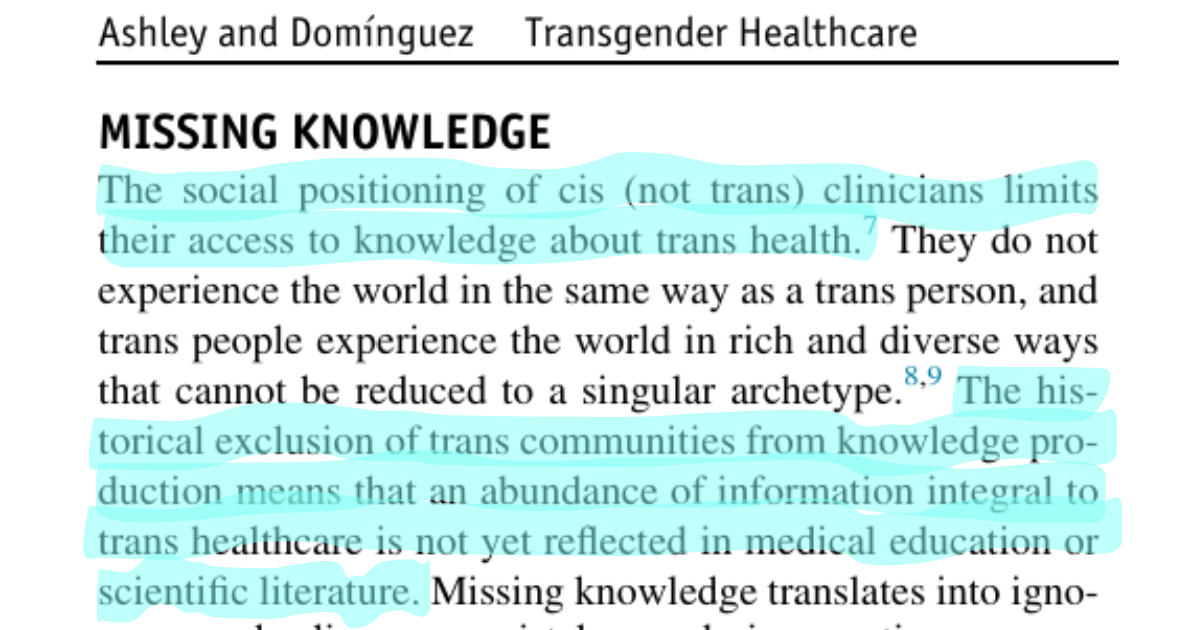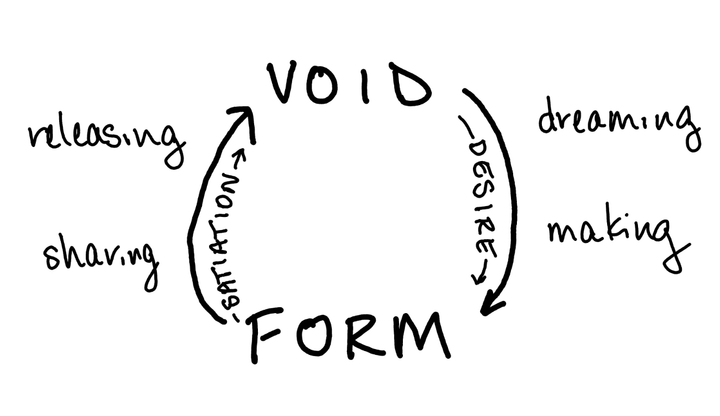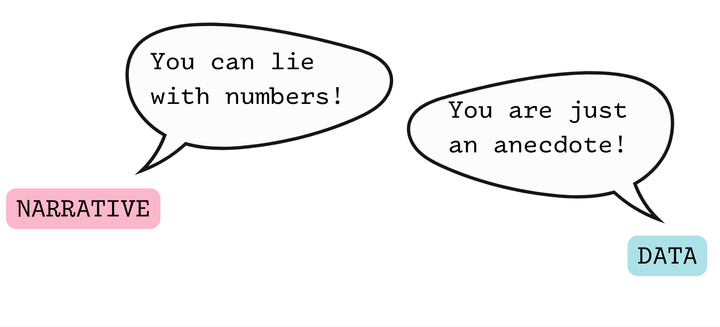Trans People Know Best About Trans Health (Part 2)
First, if we are trans, we need to trust ourselves and cultivate our discernment.

Part 1 explored the limitations of formal knowledge in trans health, and the importance of valuing community knowledge.
It ended by asking:
How can we change the way we think about expertise, research methods, and knowledge production to center lived experiences and community knowledge?
Well? How can we?
First, if we are trans, we need to trust ourselves and cultivate our discernment. We can cultivate discernment toward both community sources of knowledge and institutional ones.
We need to insist on better expressions of uncertainty in the literature. There's a fascinating body of literature about physicians and uncertainty, and obviously the Cochrane Reviews, for example, explicitly rate the quality of evidence. We owe patients some clarity about the quality of evidence (or lack thereof) on which our statements are based.
We need to understand the relationship between HIV stigma and knowledge production about trans communities. What does it mean about the knowledge about our communities that to this day, many of the research grants regarding trans communities are tied to HIV services or HIV prevention?
We need to understand how the questions that are asked affect the answers we receive, which in turn affect the next set of questions.
We need to follow the money. What questions will be paid for and what questions won't. There are some questions we won't have solid answers to because the federal government won't fund them and neither will pharma. We need to be realistic about this.
We need to rigorously interpret the literature we do have including community generated literature and community members experiences and we need to root out cissexist assumptions in the traditional data we have available to us.
We need to believe trans people. Perhaps this is the most radical of all.


